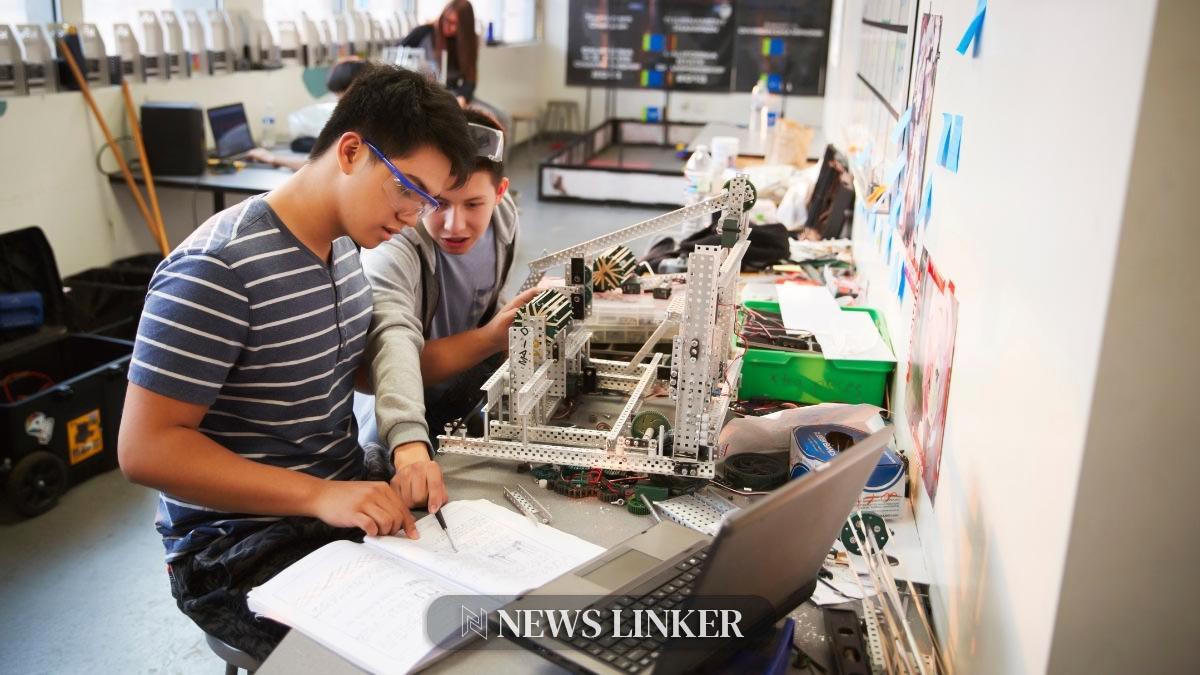In the evolving landscape of global manufacturing, large companies are increasingly turning to advanced robotics to stay competitive. Historically focused on economies of scale and mass production, these corporations are now embracing collaborative robots (cobots) and autonomous mobile robots (AMRs) to enhance flexibility and efficiency on the production floor. This shift reflects a broader trend where cutting-edge technologies are not just for small to midsize enterprises but are crucial for large-scale operations facing growing demands for customization and rapid delivery.
The Historical Context of Robotics in Manufacturing
Over the decades, the manufacturing sector has witnessed significant technological transformations. Originally, large-scale automation and robotics targeted massive manufacturing operations designed to leverage economies of scale. However, the increasing need for customization and agile response in production has led to the rise of cobots, initially perceived as tools for smaller businesses. Cobots, offering versatility and ease of reprogramming, have become integral to modern manufacturing strategies, enabling companies to keep up with the fast-paced market changes and complex production requirements that characterize today’s industrial environment.
Comparative Insights from Recent Studies
Recent reports from sources like Businesswire and The HR Director highlight the growing adoption of cobots in the manufacturing sector. These studies illustrate how cobots are not only democratizing robotics but also providing strategic advantages to large manufacturers. The reports underscore the importance of automation in addressing labor shortages and enhancing productivity, factors that are now driving even the largest corporations to integrate cobot technology comprehensively into their operations.
Scientific Research on Cobots
A recent study published in the Journal of Manufacturing Systems, titled “Efficiency and Innovations in Cobot Applications,” explores the integration of AI with cobots. The research indicates that AI-enhanced cobots can significantly optimize production processes, improve safety, and reduce operational costs. This scientific backing reinforces the practical observations in the industry, showing that cobots are not mere replacements for human labor but are strategic assets that can transform manufacturing dynamics.
Practical Applications and User Insights
As the adaptation of cobots grows, large manufacturers are not only responding to immediate operational challenges but are also setting the stage for future advancements in industrial manufacturing. This proactive approach is essential for maintaining global competitiveness and meeting the increasingly complex demands of modern markets. Robotics, specifically the use of cobots, is proving to be a critical element in the strategic toolkit for these companies, enabling them to achieve greater efficiency and a stronger market presence.










